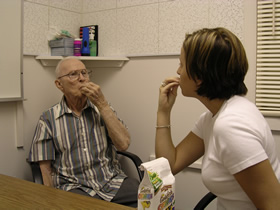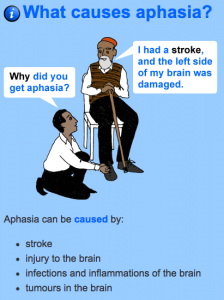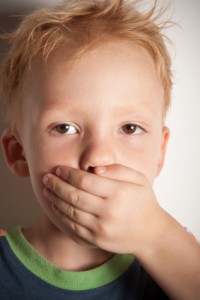What Is It?
Vocal cord paralysis is a condition in which a person has difficulty speaking because one or both of his vocal cords cannot move. The vocal cords normally vibrate in order to produce voice. This condition can occur in a child or an adult. The most common type is unilateral vocal cord paralysis, in which only one vocal cord has either limited movement or no movement at all. If both vocal cords are immobile, it is called bilateral vocal cord paralysis. This condition will likely require a tracheotomy.










